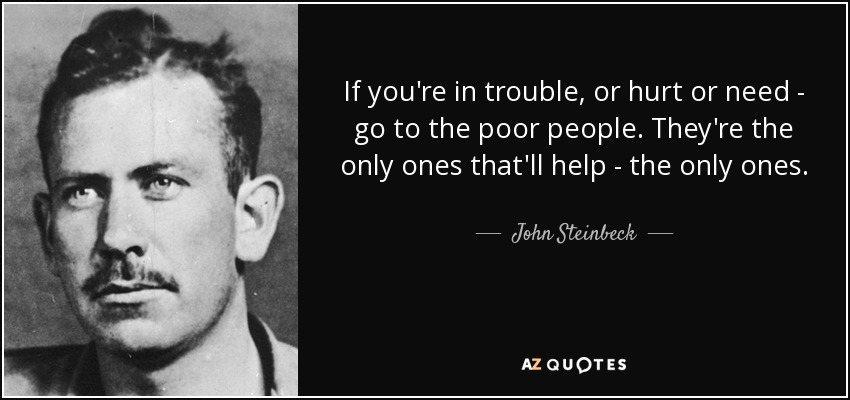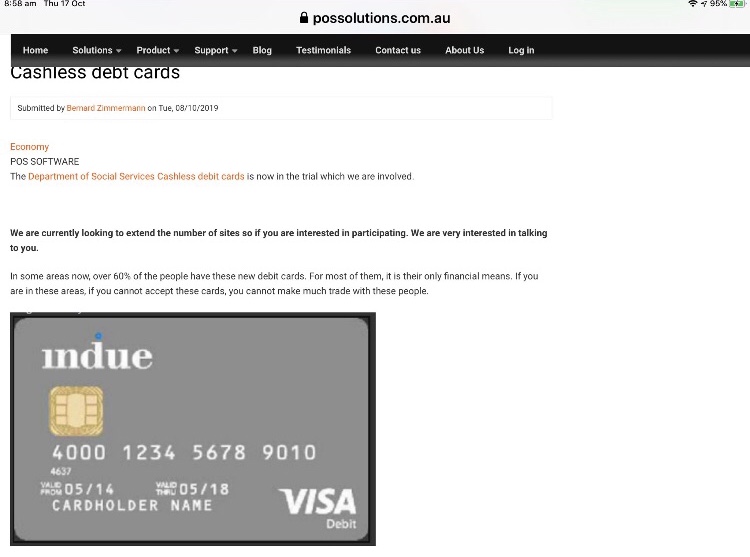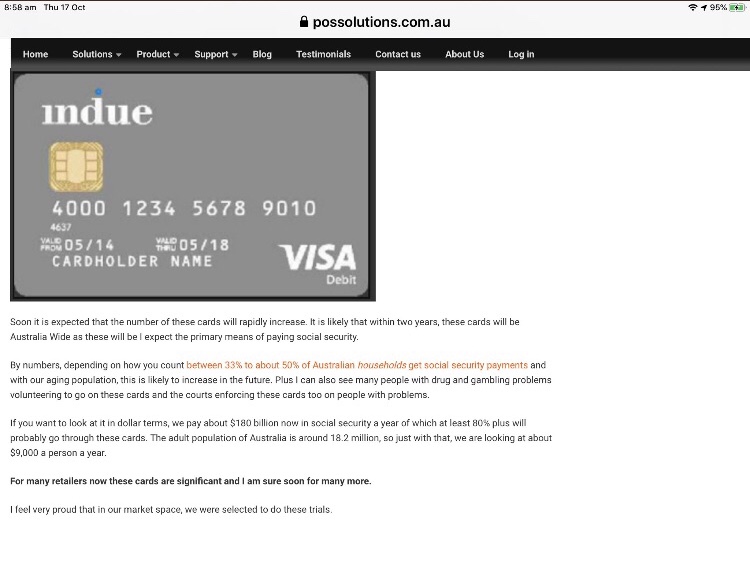Last updated: 23/08/2019
The cashless debit card, or the Indue card, (I will call it CDC for the rest of this article), is about more than ‘helping social security recipients that are alcoholics, and, or drug and gambling addicts to get help’, narrative. Depending on which trial, or experiment that your postcode is in and if you’re on a disability payment, or a carer payment, or one of a long list of trigger and restrictable payments (listed at the end of this article), that includes the stillbirth payment, you will be put on the CDC.
This is about the privatisation of government services via taxpayer funded infrastructure, set up by private operator, Indue Ltd (Indue). It’s been set up to open up billions of dollars worth of income management, for the financial and commercial sectors. Income management has now become a product to sell. Whether that be from vendors charging fees to access their goods or services, or from the banks charging inward banking fees and overdraft fees. The Indue terms and conditions for the CDC absolves itself of hidden fees: ‘We are not responsible for any fees imposed by third parties.’
There is a litany of stories from those on the CDC about it not working at places where it is meant to and the fees involved, fees for rent transfers, fees for shopping at Coles, fees and defaults of up to $26 because Indue hasn’t paid loans on time. Despite all of this there is much more to come on the CDC agenda.
The ‘Cashless Debit Card Technology Report’, was a blueprint set out for the government in 2017 by Andrew Forrest, his Minderoo Foundation, and senior executives from the banking and retail sectors. It includes the CDC becoming a multi-issuer card opening it up for the banks to issue cards, for commercial tie-ins with reward partners such as AFL and supermarkets for loyalty schemes; CDC’s with commercial branding on it; CDC training rolled into the Responsible Service of Alcohol; and the monetisation of the data relating to the CDC; if there’s a buck to be made, it’s been thought of.
It is also of note that the CDC is uncannily similar to a program in America, called SNAP, (Supplemental Nutrition Assistance Program). It began as food-stamps for those on low incomes or on welfare. The food-stamps were eventually replaced with a debit card system called EBT, (Electronic Benefit Transfer), which is provided by private contractors under the guise of saving the government money with the printing costs. As an EBT vendor, Walmart in particular benefits greatly from the program with a guaranteed income stream worth 18% of the whole SNAP program, or $US 13 billion. It’s in their best interests if the amount on the card is raised and they provide lobbyists to keep tabs on any looming cuts to it.
I’m in no way ignoring that some communities don’t have real problems with alcohol, drugs, crime and violence in their towns that needs urgent attention. The purpose of this article is to create more detail and awareness than has been reported to date. Too much of the media reportage has been more about Liberal and Liberal National Party spruiking perceived benefits of the CDC in a seemingly attempt to manufacture the consent of the community rather than detailed analysis. Is a plastic card issued by a private company is really the answer? There are other initiatives in place such as justice reinvestment that is working and transforming towns such as Bourke, involving the whole community without government or private company intervention. More about that in the conclusion of this article.
Indue Ltd is not a bank
It’s a payment transfer business. If you Google https://binlists.com/ for more details about the BIN (Bank Identification Number) for the CDC, which is: 438875. You will see that the card is issued by Mbna America Bank in Australia. If you look up the same number for more details via https://www.bindb.com you will see that strangely, Indue Ltd is listed as the issuing bank.
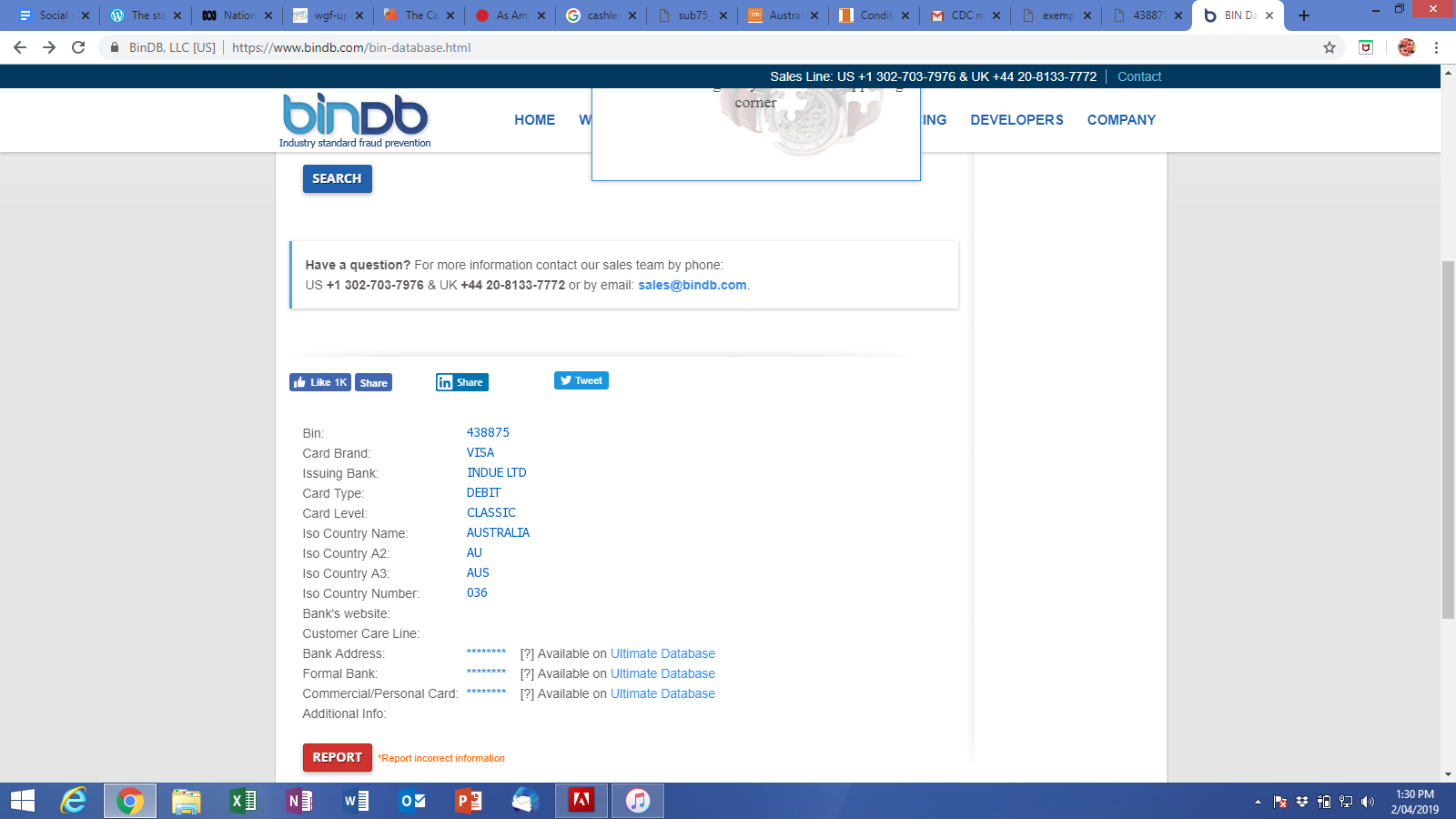
Is Indue sending millions of dollars worth of social security payments out to an American bank and back to Australia again? Why is Indue exempt from the Anti-money Laundering and Counter-Terrorism Financing Act?
Some background
The cashless debit card (CDC) is Andrew Forrest’s version of the BasicsCard, which started out in the Northern Territory (NT) in Indigenous communities. He also wants to put those that are currently on the BasicsCard onto his CDC, taking the management of the BasicsCard out of the hands of the government and into those of Indue. The CDC trials arose from the government accepting a key recommendation from Andrew Forrest’s 2014 review – ‘Indigenous Jobs and Training: Creating Parity’.
To start the CDC trials the government had to first get around Social Security Laws. These laws were designed to protect social security recipients from third parties taking payment from them without their consent. They did this by making changes to the Social Security (Administration) Act 1999 inside of the CDC legislation with the: ‘Social Security Legislation Amendment (Debit Card Trial) Bill 2015’. Once the card is authorised by the cardholder it’s deemed as consenting not only to the CDC trial but also to Indue’s hefty terms and conditions.
Those on the CDC receive 20% of their payment into their own bank account, while the other 80% is transferred to private operator, Indue, making it the legal property of Indue. It’s also important to know that because Indue is not a bank, they don’t have to answer to anyone, they’re also not signatories to the Centrelink Code of Operation or the ePayments code.
John Howard also had to make changes within the Social Security (Administration) Act 1999, for the NT Intervention to occur, which also led to income management there, more about this and the origin of income management in Australia, here.
The plan by the Liberal and the National Party has always been for the CDC to be rolled out nationally for those of working age, it’s articulated very clearly in both of Andrew Forrest’s reviews. Billions of dollars can potentially become the property of Indue or the banks to dole out to social security recipients. His 2017 report also makes it very clear that government subsidies for businesses is expected for further implementation of the CDC. The Nationals also voted in August last year for every Australian under 35 years on a Parenting payment, Newstart Allowance and Youth Allowance to be put on the CDC.
The National Party connection and their privatisation push with SERCO
The CDC contract was won by Indue back in 2009. The Federal President of the National Party, and former Liberal National Party MP, Larry Anthony, helped set Indue up and was Deputy Chairman of their board until 2013. He also runs SAS Consulting Group (SAS), a political lobbying group that is registered with the federal government, Indue was listed as one its clients. Indue strangely disappeared off of the government register in August last year. SAS has amongst others, another private operator, Serco as one its clients. Serco won a pilot contract from the government in October 2017 to answer Centrelink phones as a solution for long waiting times. No doubt the 1,200 jobs cut from the Department of Human Services (DHS), in the 2017 budget made the situation worse, as well as the 1,300 that were culled in the 2018 budget. When you do the math, was it intentional? As of April this year, the government has now outsourced 2,750 DHS jobs to Serco. There are also connections with Larry Anthony’s family trust, Illangi Pty Ltd, in that they subcontract to Indue and the other one is Unidap Solutions, of which Larry Anthony is director, it provides IT and technical support not only for Indue, but also for the federal government. There are no individual shares owned by LNP members, despite the rumours.
So, who are Indue’s shareholders?
It’s complex and not direct, Indue does far more than the cashless debit card. There are financial institutions such as credit unions, and building societies that are members of COBA (Customer Owned Banking Association), that use their financial services.
Indue’s clients: http://australia-banks-info.com/bsb-numbers/indue-ltd-bsb-numbers/
To be Indue shareholders though they must be using Indue’s Authorised Deposit taking Institution (ADI), services. They’re eligible for voting shares of no more than 15%, if they hold shares higher than this they’re converted to shares that don’t have voting rights. At one stage Indue looked into becoming a bank: ‘Indue is a mutual owned by mutual lenders and would need to change its constitution to be able to sell shares by itself.’ They have since changed strategy, preferring to focus on becoming a leading e-payment partner.
How much are the CDC contracts worth?
In 2016 the cashless welfare card trials were originally slated to cost taxpayers a total of $18.9 million. According to the government tender, the original contract for Indue was worth $7,859,509 million, (media reports rounded it up to $8 million), it crept up to $13,035,581.16 million, a year later. That’s just the Indue part, if we add the remaining $10.9 million for the other contracts involved in the income management program, we get a total of $23,935,581.16.
There were 1,850 participants in the trial, so the cost of the total cost of the card works out to be $12,938.15 per person.
Using the maximum Newstart allowance of a single person as an example, which is $535.60 per fortnight; they would receive $13,925.60 for the year.
Add the Indue layer and the total is $20,971.86 per person, add the other contracts relating to the CDC and it’s $26,863.75 per person.
Update: 23/08/2019 – The initial $7,859,509 million contract (CN3323493) cost for the original cashless debit card trials, according to the online tenders to date, has now jumped to $38,786,915. There has also been recent amendments for two other Indue contracts: (CN3522852), which relates to card services, it was $3,683,026, it’s now $4,549,276; and the contract for the Indue cards (CN3398456), it was $840,000, it’s now $2,540,000. For context there are currently 11,600 people in the trials, pricey pieces of plastic.
If we add the amended figures to the bold figure above we get $45,795,891.
CDC trial costs and details, hidden behind commercial-in-confidence tender processes
In September last year after the Senate came back after the Malcolm Turnbull spill and Parliament was shut down, Senator Fifield and his advisers represented the government in the Senate regarding the CDC expansion to Hinkler. The reason that I mention this is because Fifield up until that point had, had nothing to do with the CDC trials or policies, and it only added to the lack of transparency surrounding the costs involved. They claimed that the costs per participant was getting lower and was projected to be around $2,000 per person for the new trial, and that the oft quoted $10,000 per person was a running cost. When questioned further about the total cost for the new trial and the ones so far, they hid behind commercial-in-confidence, confidential tender processes and contracts not signed yet. They also said that they would release the Goldfield figures in full after 4-years or in 2022, well after the trials are due to finish. What was also revealed was that a cost-benefit analysis for the CDC was never considered, but that one was being done internally and that they don’t know when it will be finished. The government also doesn’t know what the profits are of the companies involved in the CDC trials.
Inadequate support services
Very little money has been set aside for services that are offered to communities to entice them onto the card. Using a recent example from the senate, the projected CDC cost of $2k per person in Hinkler amounts to $13.4 million, yet only $1 million has been set aside for support services. It is unclear how much money has been awarded to stakeholders or services that Indue has chosen to assist it with the CDC but there is one in particular that has been noted by people in Hinkler. David Batt of the Liberal National Party, is the State Member for Bundaberg. He is also the Chairman of Impact Community Services, which is a shopfront for those needing assistance with setting up the CDC, and a job services provider. I’m not suggesting that he has done anything wrong, just wondering what other indirect connections without tender processes are going on that are associated with the CDC.
The CDC trials
The CDC began as trials in the disadvantaged and remote areas of Ceduna, in South Australia, and the East Kimberley, in West Australia in 2016. Anyone of working age and receiving the Newstart Allowance, Disability Support Pension, Parenting Payments, Carers Payment, and Youth Allowance, in these locations were forced onto the card. Nobody has really questioned why those on disability or carer payments need income management. Danny Ulrich, from Kalgoorlie, cares for his disabled 18-year-old brother, he doesn’t know why he has been given a CDC if it was designed to target alcohol-related behaviour.
“As a carer we’ve been put in with everyone else and put on the card,” Mr Ulrich said.
The trials have since been rolled out to the Goldfields in West Australia in 2018 and to Hinkler in Queensland this year. The differences with the latest trial being that it went ahead despite many in the community opposing it with many peaceful rallies and calling for the money to instead be spent on education, training and jobs. There is a big difference between politicians and stakeholders wanting the CDC for the community, and what the whole community wants.
The Hinkler trial is only for those aged 35 years and under who receive Newstart Allowance, Youth Allowance (Job seeker), Parenting Payment (Single) or Parenting Payment (Partnered). Top-up income payments that people receive while under-employed have also been included in the Hinkler trial. Under-employment is a growing problem in Australia.
The numbers of those on the CDC in each region have increased with each trial. Ceduna began with around 800, East Kimberley with around 1,300, the Goldfields with around 3,600 and around 6,000 people in Hervey and Bundaberg (Hinkler). The original amount of those to be put on the CDC the trials was 10,000 it is now 15,000.
Trials that never end, assisted with a cherry-picked report
The 3-part Orima Report was commissioned by the government and is being used by the government, to not only extend draconian, income management measures, but also to quantify its success in the Senate and by Liberal and National Party politicians spruiking the CDC to the media and other communities. Social and political researcher, Eva Cox sums up the report perfectly in a Facebook post, on The Say No Seven page :
“The whole data set of interviews, quantitative and qualitative, are very poorly designed and not likely to be valid data collection instruments. I’d fail any of my research students that produced such dubious instruments.”
The reports includes a lot of spin, asks respondents for their ‘perceptions’ at times, and includes retrospective responses, for questionnaires. The Say No Seven page, has been following all three of the reports closely, they crunched the numbers at the start of this month, when the final Orima report was released. An example cam be found on page forty-six:
“At Wave 2, as was the case in Wave 1, around 4-in-10 non-participants (on average across the two Trial sites) perceived that there had been a reduction in drinking in their community since the CDCT commenced.”
This approach means that you focus on the minority of responses, rather than the majority of responses. 6-in-10 not perceiving any reduction in drinking around town. It reads a lot differently than the latter.
Another example used a lot and also quoted in the Minderoo Foundation report from 2017, is: ‘For card users at 12 months: 41% of drinkers said they were drinking less; 48% of drug users said they were using drugs less; and 48% of gamblers said they were gambling less.’ Again making the reader or listener focus on the minority of responses.
Independent analysis of the report by qualified researchers, found many serious flaws within the report. The Auditor General Grant Hehir, also wasn’t convinced due to the lack of analysis, monitoring and evaluation of the trial. He also found that there was a failure to properly measure baseline data (data collected at the beginning or before a research project to compare with data collected during and after), making it hard to know what impact the trial had really had. Doctor Elise Klein, Janet Hunt, Senator Rachel Siewert, ACOSS and so many others have made submission after submission to the government, about the negative responses from people on the CDC relating to increased financial hardship, and flow-on social effects, only to be ignored.
The CDC narrative changes
A baseline report for the Goldfields trial was finally released in February this year but it’s commencement is vague, it says that it’s from ‘around the time of the introduction of the CDC.’ The report found “levels of substance misuse were reported by many respondents to have reduced, and alcohol-related, anti-social behaviour and crime had also decreased”. The report also said: “However, there is some uncertainty as to whether these impacts were a direct consequence of the CDC [cashless debit card] or were linked with concurrent policing and alcohol management interventions.”
The report was by the Future of Employment and Skills Research Centre which is a research centre in the University of Adelaide. This is curious in that the CDC has been legislated to provide income support for those with alleged drug, alcohol and gambling problems, not for being unemployed. The narrative has shifted in recent months with the Minister for Social Services, Paul Fletcher announcing in a presser that the CDCT trial “…is being expanded to address unemployment.”
This completely changes what the Indue card policy was designed for, and what the government originally presented to the Senate. It’s also unclear how a minister can just announce a change in legislation like this. Below was the original goals of the CDC trials. To change it to be about unemployment makes you wonder what is the point of trials? To make it more palatable for the Senate to pass the legislation and for the public to accept over time?
124PC Objects
The objects of this Part are to trial cashless welfare arrangements so as to:
(a) reduce the amount of certain restrictable payments available to be spent on alcoholic beverages, gambling and illegal drugs; and
(b) determine whether such a reduction decreases violence or harm in trial areas; and
(c) determine whether such arrangements are more effective when community bodies are involved; and
(d) encourage socially responsible behaviour.
It also means that all research and data collected by the government to date is redundant and that at the very least new legislation needs to be drawn up with what the government’s true objectives are.
Whole of community consent for the trials questioned, and paid community panels
Claims by the government that the trial communities wanted it have fallen apart under questioning during debates in the Senate. In February last year Labor Senator Doug Cameron, asked Liberal Senator Concetta Fierravanti-Wells, about the 86 organisations and stakeholders that were involved in the consultation process for the Goldfields expansion. It turned out that only 5 out of the 86 were positive about the CDC. Those that were positive about the CDC being introduced in their communities were given anonymity.
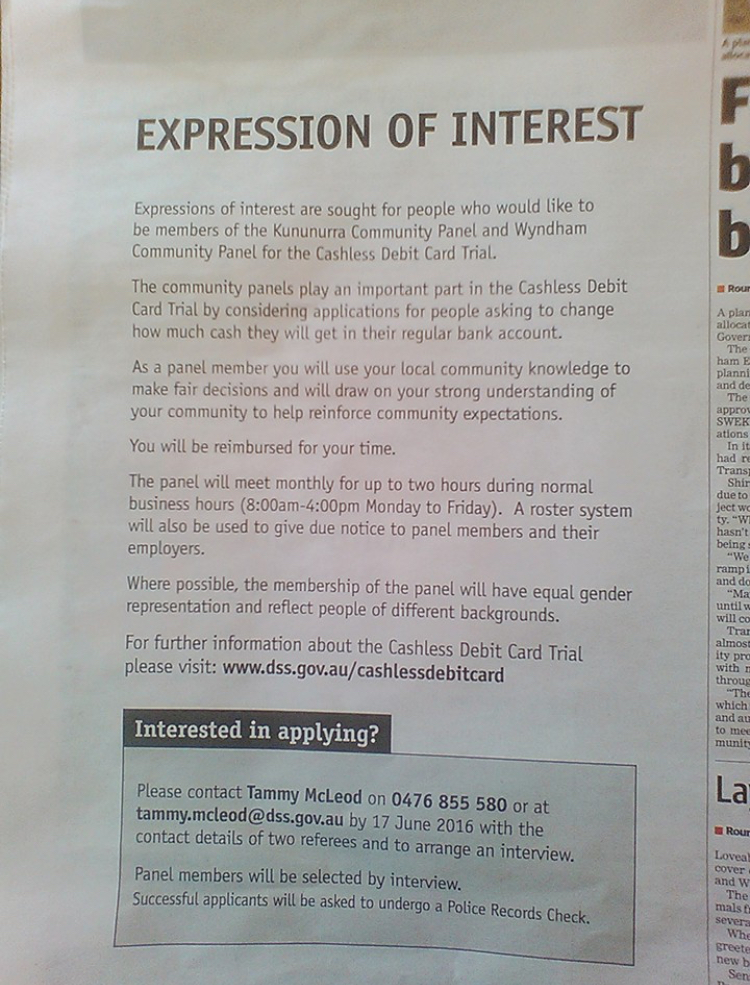
Every year since the CDC the government has introduced and mostly passed many amendments. Amendments such as the government establishing anonymous community panels that now include government officials in trial sites, taking it out of the hands of local councils and agencies. Paid community panels to determine whether those put on income management should be able to access more cash from their bank accounts than the 20% allocated by Indue. This also happened in the NT during the Intervention. Another one was the addition of one word, ‘was’ meaning that if you used to live in a trial area but have moved you could still be put on the card. Seemingly to stop people moving from a trial area to a non-trial one, or a welfare migration, control measure. Because the trials are rolled out by postcode it also captures those that don’t have drug, alcohol or gambling problems or are even in need of income support assistance. If you want to opt out of the CDC trial process is extremely difficult.
The latest amendment and trial expansion
Just last week the government passed another amendment in the Senate to extend all of the current trials till June 2020. Those in Ceduna will have been on the CDC for 4-years by this time. The Labor Party has also introduced an amendment that has been legislated and is now law, providing some hope for those that don’t need income support as a way to opt out off of the CD program. CDC recipients in all trial sites can exit the scheme from July this year if they’re able to demonstrate “reasonable and responsible management” of their financial affairs. Their amendment also makes the community panels more accountable for their decisions as to why someone can not be exempt from the CDC. They must provide a documented explanation.
The fear for many though is that if the government wins the federal election that they will not only repeal this legislation, but will expand and extend the trials everywhere. The government has also given an additional $70.8 million for the extension of the trials.
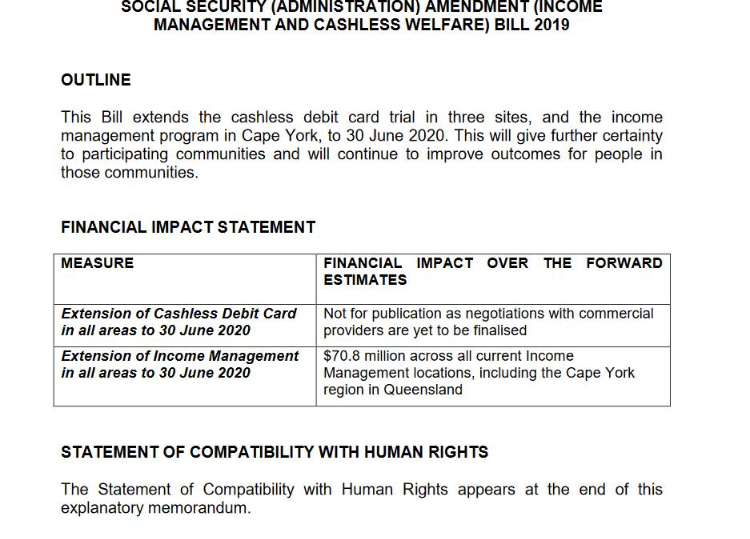 People self-harming and suiciding due to the CDC
People self-harming and suiciding due to the CDC
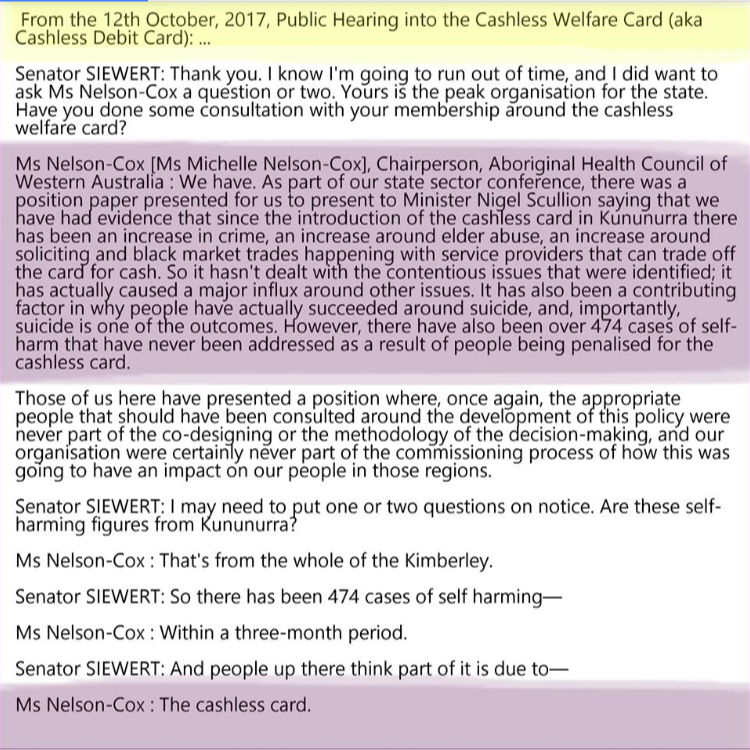
Besides the information from the screenshot above there isn’t a lot of data relating to self-harm and suicides relating to the CDC. There was recently an ‘Inquest into the 13 Deaths of Children and Young Persons in the Kimberley Region’, and a coroners report that has a CDC recommendation that hasn’t been reported properly. Preceding Recommendation 22 the report states:
‘An evaluation of the Cashless Debit Card trial is outside the scope of the Inquest as is any recommendation that suggests a compulsion. The following recommendation is made, to be considered in parallel with, and not in substitution of, any relevant trial or program already in place, or planned.’
Followed by: Recommendation 22 – ‘That consideration be given to extending an offer of a voluntary cashless debit card program to include the entire Kimberley Region.’
The Minderoo Foundation reported the recommendation as a reason to roll out the CDC across the Kimberley, no mention of consideration or it being voluntary. As the coroner stated the CDC trial was outside of the scope of the inquiry. Until we have one for the CDC trials we will never know how many people have self-harmed or suicided. One death or someone hurting themselves over a government policy is too many.
In conclusion
The social security and welfare of Australian’s doesn’t belong in the hands of private companies. Anyone of us can slip and fall into hardship, this is what it’s there for. There are other programs to explore that address alcohol and drug problems like in Iceland for example, where teenagers in the 1980’s and 1990’s had a huge problem with alcohol and drugs that could be tailored to fit certain communities in Australia. Unemployment could also be incorporated with the approach below.
- They brought in curfews for teens under 16 being out at night with parents helping to patrol the streets to make sure that it happened.
- Parents signed a pledge to not allow their kids to drink alcohol and to create more family time with them.
- Kids are kept occupied with the government giving families a $500 voucher for after school activities.
- Surveys are filled in by teens every year measuring different aspects of their lives such as their relations to their peers, family life, substance abuse and how they feel. A report is then created for each community within 2-months for their schools so that they can work out solutions within each community.
- They also got politicians onside with the science with Reyjkavic spending over $100 million each year on youth activities.
This model is now run across 35 cities in Europe and has been credited with bringing Iceland musical and sporting success.
Then there are justice reinvestment programs that I mentioned in the introduction where instead of money being spent on prisons, and law and order policies, the money is instead reinvested into the communities. The Australian Human Rights Commission has called it a “powerful crime prevention strategy.” The Senate Legal and Constitutional Affairs Committee recommended 5-years ago for the Commonwealth to “adopt a leadership role” to support justice reinvestment projects and that it should fund a trial.
In the NSW town of Bourke, the Maranguka project is credited with cutting major offences by 18% and domestic violence and drug offences by 40%, and with school attendance up. This could work in communities such as Kalgoorlie, but for these projects to work they require involving the whole of the community, and the police. Brad Hazzard, the current NSW health minister, said in a Bourke meeting after marvelling at their success:
“I still shake my head in wonder as to why so much state and federal resources are coming into regional towns and not achieving the outcomes we want.”
Many people receiving social security assistance are already living in poverty, cutting them off from cash is not the answer. Let it be voluntary across the board, don’t let our capitalist society turn poverty and welfare into another money making scheme for the private sector, or to be used as a pork-barreling strategy for nonprofits in our communities. Do surveys, get to the core of the problems in each community, provide services that work, seriously look at ways to create jobs and for other ways for people to contribute back to their communities, if they’re able to do so. It’s also well overdue to trial a universal basic income in Australia.
These are the trigger payments that can land you on the card:
- ABSTUDY that includes an amount identified as living allowance,
- austudy payment,
- benefit PP (partnered),
- BVA, so long as the recipient has not reached pension age,
- carer payment,
- disability support pension,
- newstart allowance,
- PgA (other than non-benefit allowance),
- partner allowance,
- pension PP (single),
- sickness allowance,
- special benefit,
- widow allowance,
- widow B pension,
- wife pension,
- youth allowance.
Here are the restrictable payments:
- a trigger payment (8.7.2.30),
- a payment under the scheme known as the ABSTUDY scheme that includes an amount identified as PES,
- a social security bereavement payment (other than social security bereavement payment in relation to an Age under SSAct Part 2.2 Division 9, a MAA under SSAct Part 2.12B or an SpNP under SSAct Part 2.16 Division 10),
- an advance payment under SSAct Part 2.22,
- an advance PhA under SSAct Part 2.23,
- baby bonus under the FAAct,
- carer allowance,
- carer supplement,
- child disability assistance,
- clean energy advance (CEA) under the SSAct,
- CEA under the FAAct,
- energy supplement,
- double orphan pension,
- FTB advance under the FA(Admin)Act,
- FTB under the FAAct,
- ISB (Note: This payment ceased on 31 December 2016),
- mobility allowance,
- mobility allowance advance under SSAct section 1045,
- newborn supplement,
- newborn upfront payment,
- pensioner education supplement,
- pharmaceutical allowance,
- quarterly ES under the SSAct,
- remote area allowance,
- stillborn baby payment under the FAAct,
- TAL under SSAct Part 2.25,
- UA under SSAct Part 2.25.
Many thanks to all of the sourced researchers, publications and artists involved in this article.

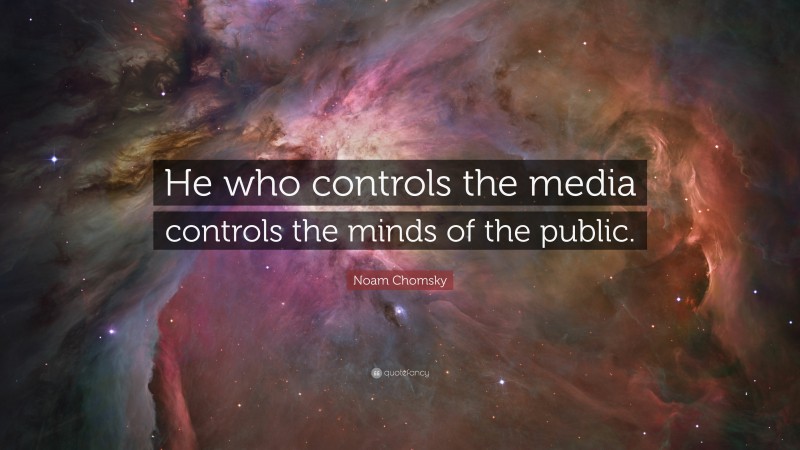


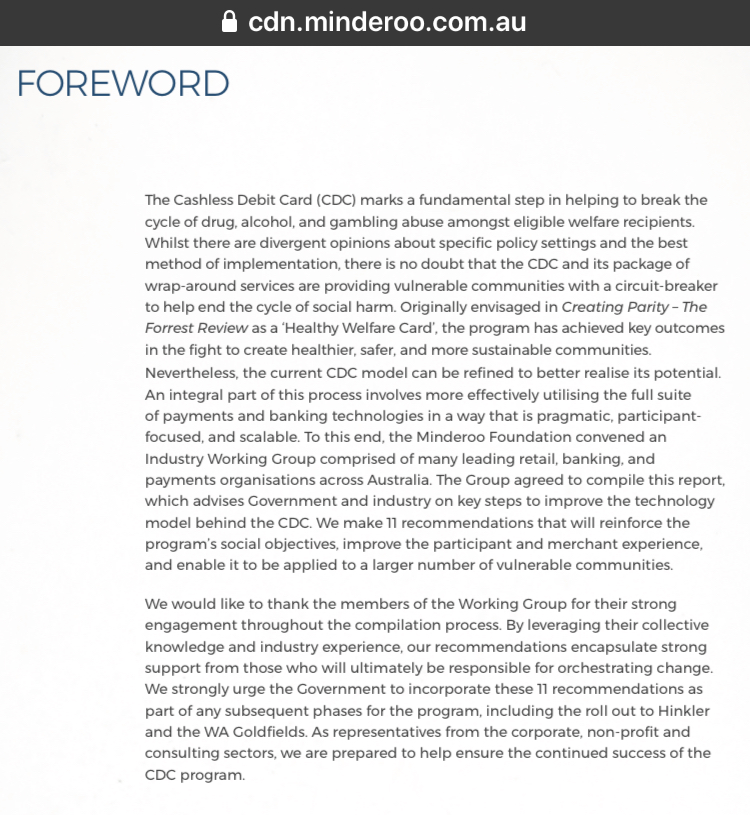 A large scale rollout of the cashless debit card has always been the plan. This was made very clear in the review and the report. The cashless debit card (CDC), trials in regional areas to date have been managed by Indue Ltd, to give banks and retailers time to get their systems ready. The biggest problem for them to circumnavigate was the blocking technology. There has been so much focus on Indue, and the alcohol and drug narrative, that the banks taking over social security payments hasn’t received enough attention.
A large scale rollout of the cashless debit card has always been the plan. This was made very clear in the review and the report. The cashless debit card (CDC), trials in regional areas to date have been managed by Indue Ltd, to give banks and retailers time to get their systems ready. The biggest problem for them to circumnavigate was the blocking technology. There has been so much focus on Indue, and the alcohol and drug narrative, that the banks taking over social security payments hasn’t received enough attention.
